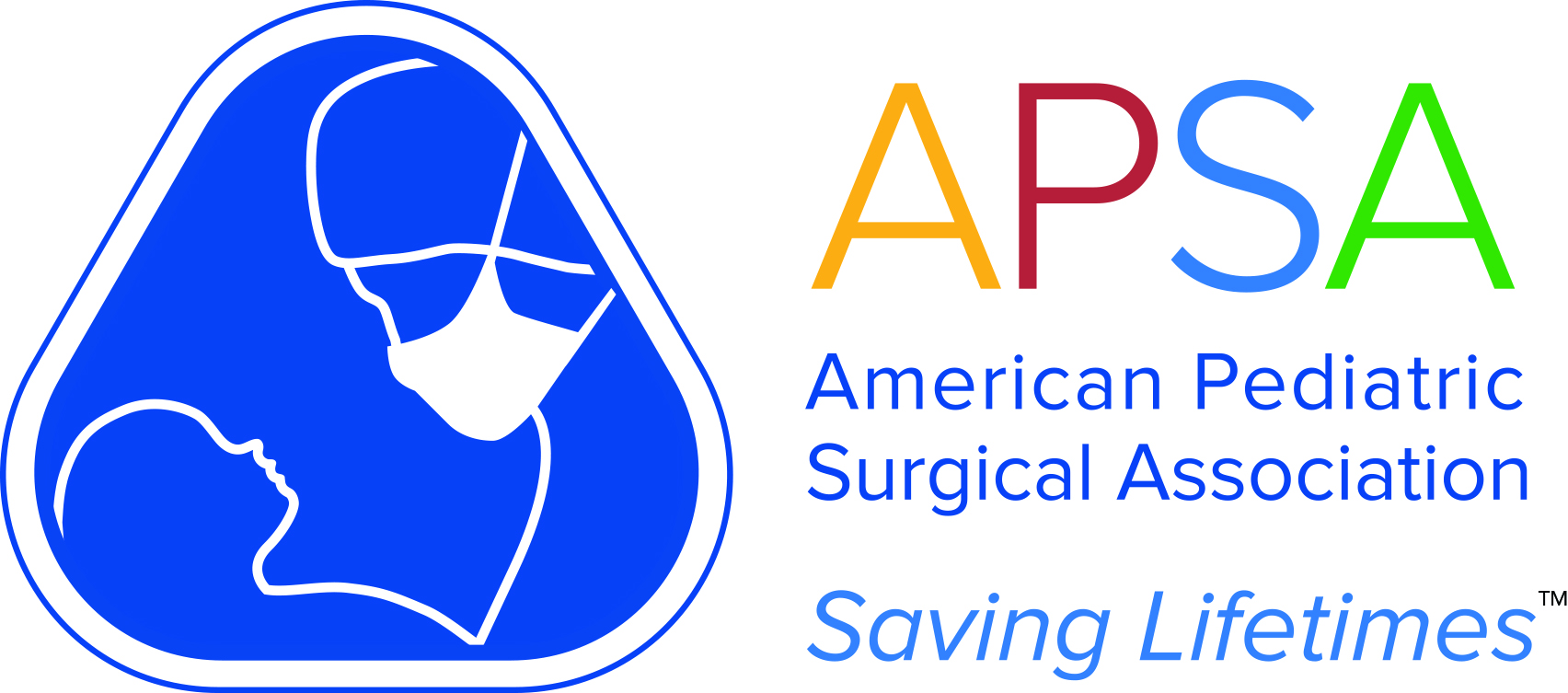BENCHMARKING REGISTERIES
NSQIP
The American College of Surgeons (ACS), in collaboration with the American Pediatric Surgical Association (APSA), has developed the ACS NSQIP Pediatric (ACS NSQIP Peds) specifically for specialties in children’s surgery. Similar to ACS NSQIP, the Pediatric Program will enable participating hospitals to collect highly reliable clinical data and compare their surgical outcomes with the outcomes of other participants in the program. ACS NSQIP is the leading nationally validated, risk-adjusted, outcomes-based program to measure and improve the quality of surgical care in the private sector. ACS NSQIP has the tools, training, customization options and, most importantly, data, to keep your hospital ahead of the curve.
As of 2015, ACS NSQIP Peds has taken a more procedure-targeted approach, collecting and analyzing data from a limited number of “higher yield” CPT codes within several subspecialties. Participating institutions can then access comparative supplemental reports generated from procedure-targeted data, e.g. appendectomy.
ACS NSQIP Peds also plays a role in the evolving ASC verification process. Every verified children’s surgical center must collect and analyze its surgical outcome data and contribute those data to the national collaborative effort. For centers to be verified Level I or Level II, this standard will be fulfilled by participation in the ACS NSQIP Peds.
Join the Group
Click here for the most current list of hospitals involved in the NSQIP Peds program.
Pediatric TQIP
Pediatric TQIP provides risk-adjusted benchmarking for pediatric trauma centers and adult centers who treat children to track outcomes and improve patient care and is available to Level I and II verified/designated trauma centers. It utilizes the infrastructure of the National Trauma Data Bank (NTDB) to collect valid and reliable data, provide feedback to participating trauma centers and identify institutional characteristics that are associated with improved outcomes. It also builds upon existing infrastructure through enhancements in the following areas: data collection, benchmarking and identifying structures and processes of care.
Solutions for Patient Safety (SPS)
Funded by the Cardinal Health Foundation, Children’s Hospital Association and the federal Partnership for Patients program, the Children’s Hospitals’ Solutions for Patient Safety (SPS) is a collaborative between more than 90 hospitals which have all committed to reducing patient harm and creating a safe and healing environment for all children. The defined goals for 2015-206 included a 40% reduction in hospital-acquired conditions (HACs), 10% reduction in readmissions and 25% reduction in serious safety events. Network hospitals share success and failures to learn from each other and achieve goals more effectively and quickly than possible when working in isolation. All hospitals also commit to a unified culture of safety.
The platform for the SPS initiative was established first in 2009 with Ohio Children’s Hospital Solutions for Patient Safety. The Ohio collaborative had incredible success and was able to achieve a 60% reduction in surgical site infections among designated cardiac, neurosurgery and orthopedic procedures and a 40% reduction in overall adverse drug events. Overall, this led to an estimated $11.8 million reduction in unnecessary health care costs in the first two years alone. Get more information, including information on recent results and how to get involved.
